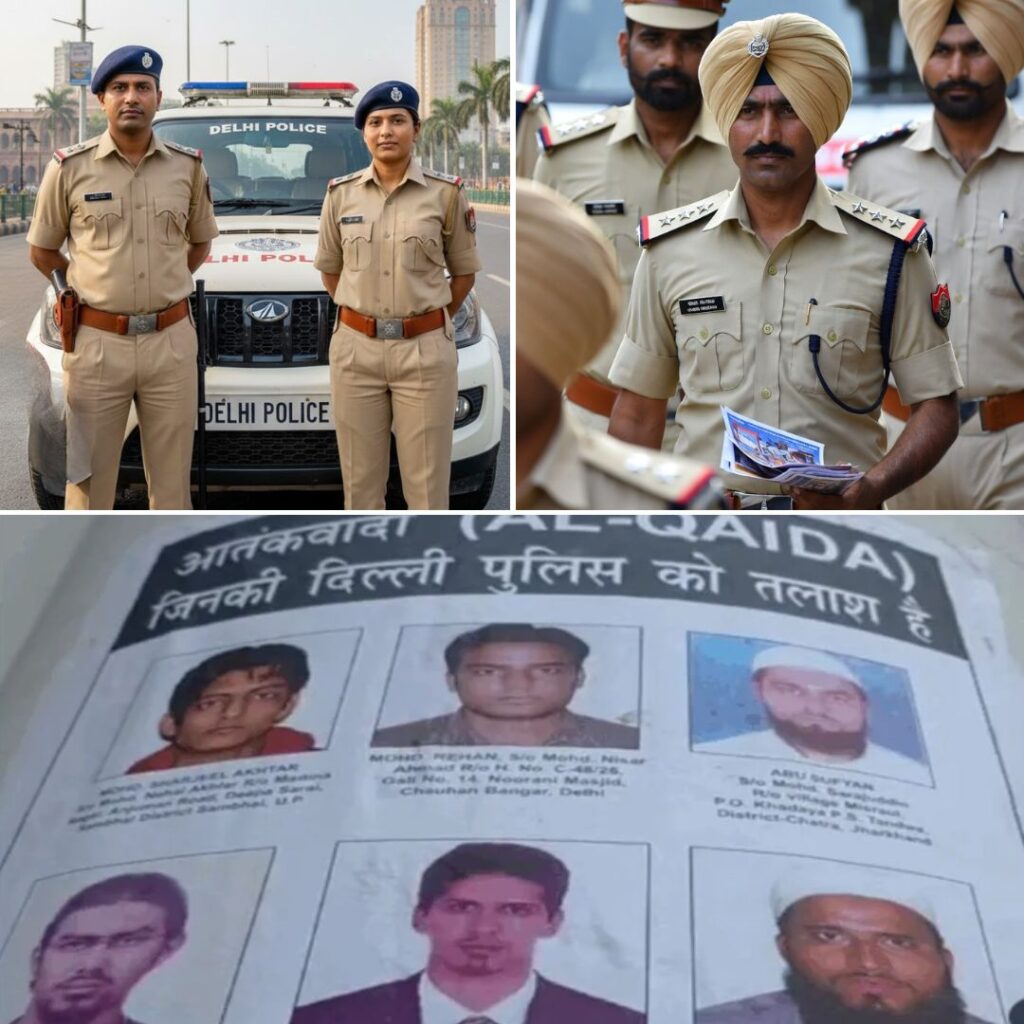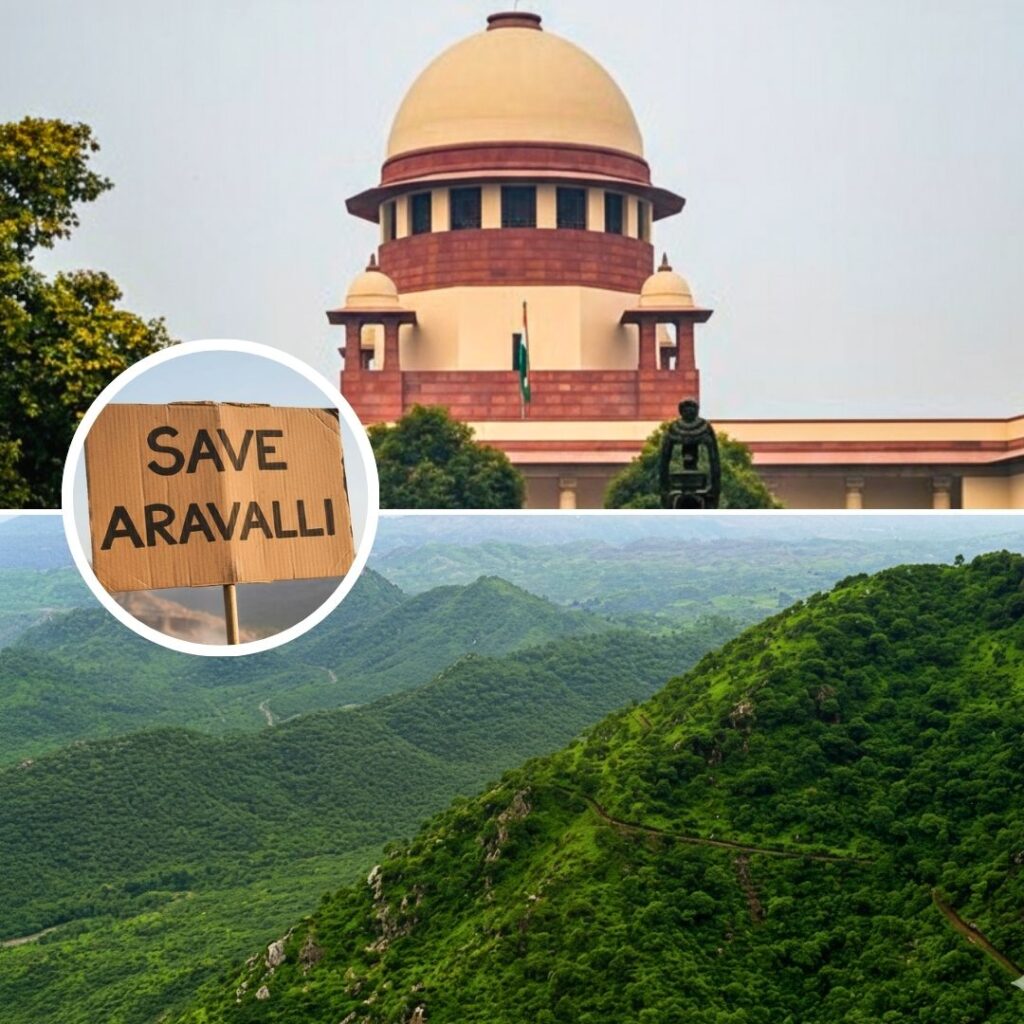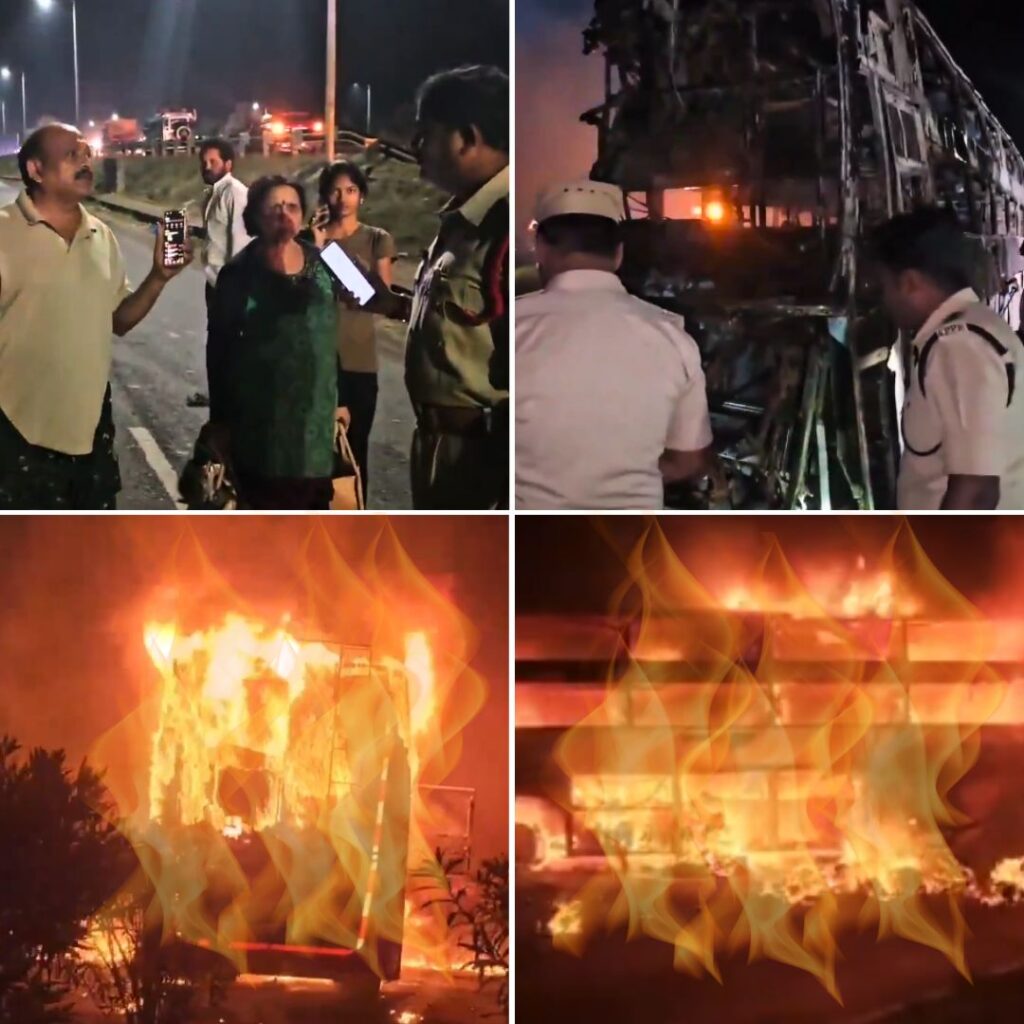Protesters cannot occupy public places indefinitely, the Supreme Court said on October 7 in a verdict on petitions against the anti-Citizenship Amendment Act protests at Delhi’s Shaheen Bagh last year.
‘Dissent and democracy go hand in hand,’ the top court observed, adding that ‘protests like these are not acceptable’.
Delhi’s Shaheen Bagh had become the epicentre of anti-CAA protests last year where the protesters peacefully demonstrated for over three months.
‘We have to make it clear that public places cannot be occupied indefinitely whether in Shaheen Bagh (in Delhi) or elsewhere. These sort of protests are not acceptable and authorities should act… they must keep such spaces free from obstruction,’ the apex court said, adding the ‘administration cannot wait for orders from court to clear’ the protest sites.
‘We appreciate the right to peacefully protest and it can be (held) at designated places only,’ the court said.
A three-judge bench of Justices SK Kaul, Aniruddha Bose and Krishna Murari gave the judgment on petitions to decide if there can be ‘an indefinite period of protests in a common area (that) creates inconvenience for others’.
The bench had reserved its verdict at the last hearing on September 21.
‘We have to balance the right to protest and blocking of roads. In a parliamentary democracy, protests can happen in parliament and on roads. But on roads, it has to be peaceful,’ the bench had said at the time.
The court had earlier stated that there cannot be a ‘universal policy’ since circumstances may ‘vary’ from case-to-case.
Also Read: Supreme Court Pulls Up Yogi Govt, Asks About Steps Taken In Hathras Witness Protection Plan











